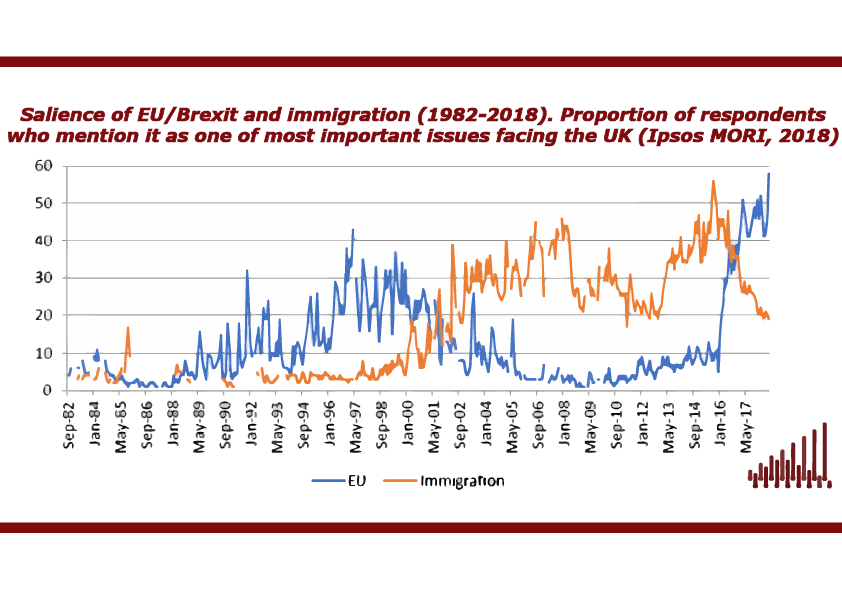Post-Brexit Immigration Policy: Reconciling Public Perceptions with Economic Evidence
 Pub. Date
Pub. Date
 Pub. Type
Pub. Type

Funded by the Leverhulme Trust, researchers from NIESR and Birkbeck explored public attitudes to EU immigration and how people use and respond to evidence on the economic impacts of immigration. Based on 12 focus groups with 105 participants in a Leave voting area of the UK, the report tests out ways of getting people to consider the economic evidence. In addition to survey and focus group findings, the report contains a comprehensive literature review on public attitudes towards immigration as well as on the economic impacts of EU immigration in the UK.
Our main findings are:
- Immigration attitudes are resistant to economic evidence about impact
- It is recognised that EU immigration has economic benefits
- Control is more important than numbers
- Public attitudes can be reconciled with the needs of the economy and employers
Other materials
This is what the British public really think about migrant workers - it may surprise you – opinion piece in the Independent by lead author Heather Rolfe
The power of negative thinking: why perceptions of immigration are resistant to facts - LSE politics & policy blog by Heather Rolfe
Are Britons Really Softening on Immigration – opinion piece in Project Syndicate by co-author Johnny Runge
People’s perceptions of EU immigration: It’s the economy, stupid! - NIESR blog by Johnny Runge
The public’s perception of immigration – what role does the media play – Podcast with Heather Rolfe in conversation with Gary Gibbon, Political Editor of Channel
Video on the economic impacts of immigration, produced as part of the project.
















